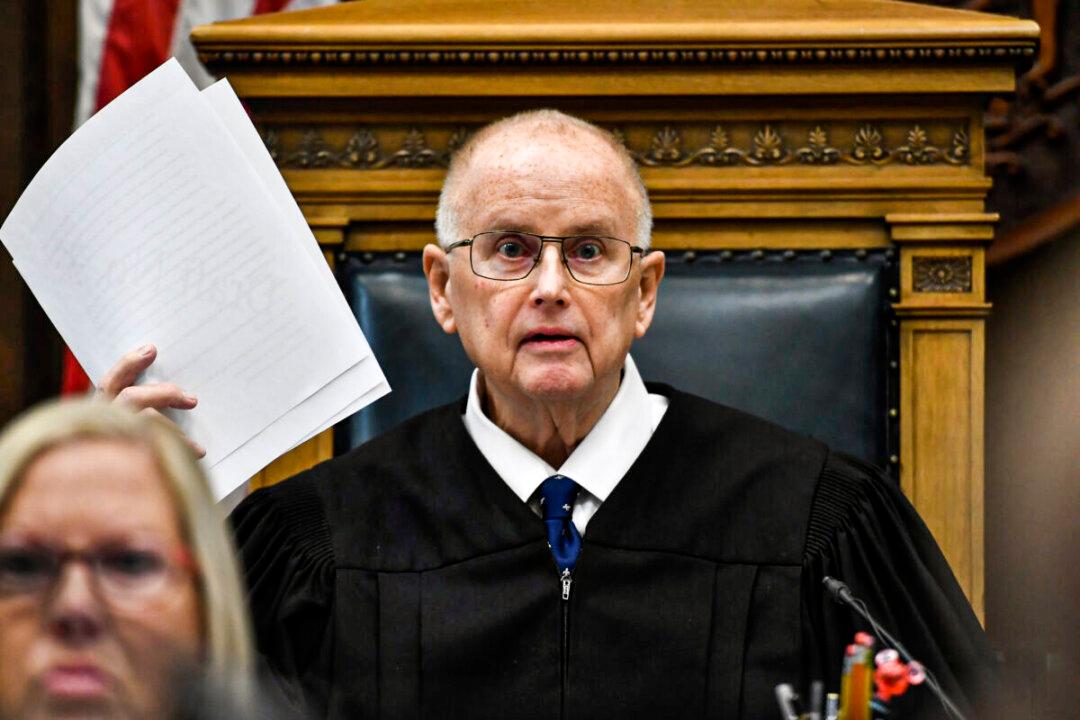The Wisconsin Elections Commission (WEC) has been ordered to bring its problem-prone electronic absentee ballot application process into conformance with “the requirements of the law.”
The process, which was largely created by embattled WEC administrator Meagan Wolfe, is part of MyVote, a digital platform on which voters apply for an absentee ballot and are able to track its status as it moves through the system.





